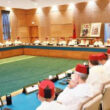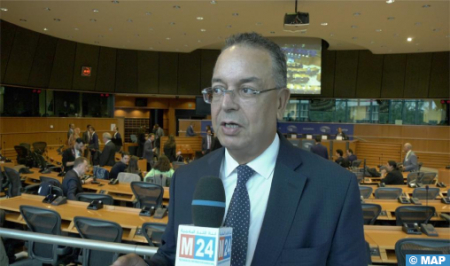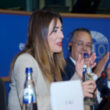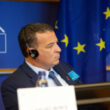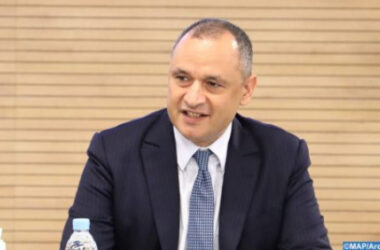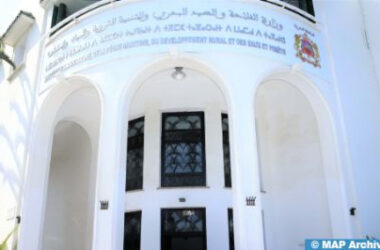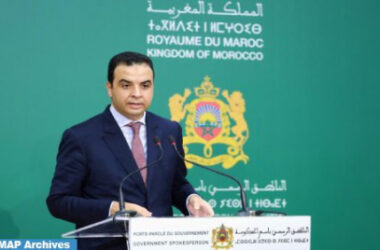“The COVID-19 pandemic is not only a short-term crisis, as it has had lasting implications on the way people work and on the functioning of supply chains,” said Haddad, during a meeting at the European Parliament on the theme “EU-Morocco cooperation and trade for sustainable development in the Mediterranean”.
Emphasizing the urgency for companies to build long-term resilience in their value chains to manage future challenges, he called for a holistic approach to managing the supply chain, creating sufficient flexibility to protect against future disruptions, and developing a robust framework that includes a responsive and resilient risk management operations capability.
“Morocco has to this end several assets to play an important role in the ecosystem of European supply chains,” he stressed, noting that the Kingdom is “geographically and politically close to Europe, its standards are harmonized with Europe and has the appropriate logistics infrastructure, in addition to the existence of complementarity between Morocco and the EU in several sectors.
Throwing light on the opportunities for cooperation between Morocco and the EU in renewable energy, the parliamentarian and energy expert, Khammar Mrabit, noted, for his part, that the energy situation in the Kingdom and in the EU is marked both by the heavy dependence on fossil fuels imported from abroad and by the willingness of governments to ensure a transition to low-carbon energy (solar, wind, hydro, hydrogen) and combining the nuclear power and gas.
Morocco is, as is the EU, fully committed to international efforts to combat climate change, emanating from the royal vision, translated over time by actions and concrete programs in various sectors and especially that of energy, he said, noting that this has enabled Morocco to raise its ambition to reduce greenhouse gas emissions to more than 45% in 2030 as part of its Nationally Determined Contribution under the Paris Agreement and to enter the path of carbon neutrality.
The contribution of renewable energy in meeting demand is becoming increasingly important, with a share of over 35% for 2021, and the share of renewable energy capacity in the total installed capacity should reach 40% by the end of 2022 and exceed the target of 52% set for 2030, he added.
Today, the progress made by Morocco in its energy transition is materialized by very significant investments (tens of billions of dirhams) for the implementation of programs and roadmaps concerning in particular the production of hydrogen, desalination of seawater, as well as the decarbonization of national industry through a low-carbon and competitive energy, said Mrabit.
He added that the development of hydrogen will be implemented gradually, to ensure optimal exploitation either for the local market or for export.
The parliamentarian Bentaleb Fatima Zahra has focused, for her part, on many issues related to renewable energy and sustainable agricultural value chains, citing the main challenges and key actions taken in Morocco.
Organized by the General Confederation of Moroccan Business (CGEM), in partnership with the European Parliament, the meeting, which explored opportunities for close cooperation between the EU and Morocco in an unstable geopolitical context, discussed the ”potential of EU-Morocco relations” and opportunities for “economic integration” and “cooperation in renewable energy”.
It was attended by MEPs, Moroccan parliamentarians, members of the CGEM and its counterpart BusinessEurope.
The Moroccan parliamentary delegation was also composed of Chahim Zaina, Ait Menna Hicham, Aboulghali Salaheddine, Ibrahim Khaya, Soubaii Mbarek, Majid Fassi Fihri and Chaouki Mohamed.




